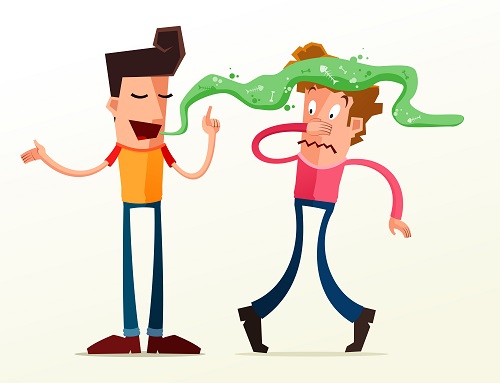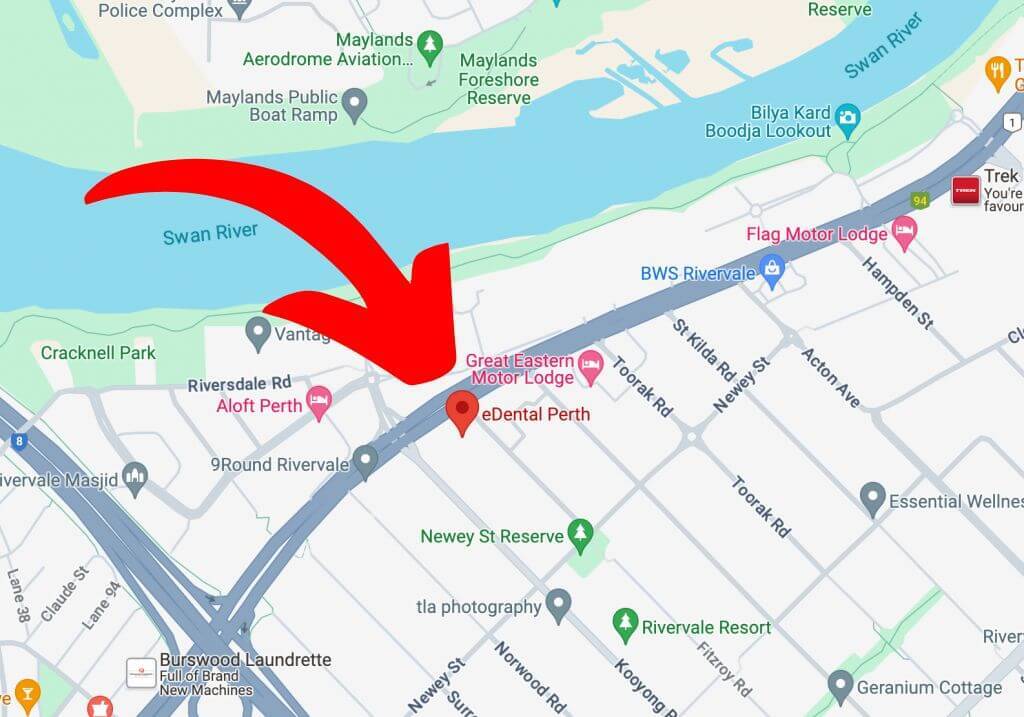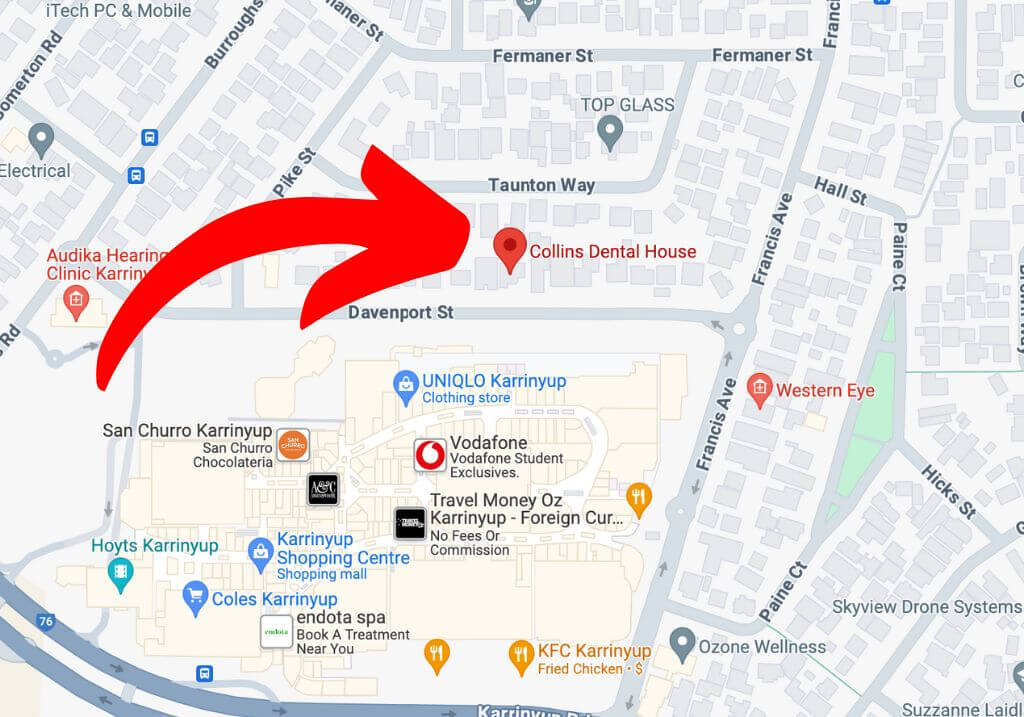Bad breath, also known as halitosis, can be a touchy subject. As dental care providers in Perth, we like to help our patients avoid bad breath as part of their program. However, we know it can be difficult. We also know that it can be frustrating to spend time and effort taking care of your mouth, only to be told that you have bad breath.

What Causes Halitosis?
There are a lot of factors that can cause halitosis. You can address all of them except one and the one you don’t address can give you halitosis. Here are the most common causes of bad breath.
Poor oral hygiene. This means not brushing properly, not flossing properly, or both.
Noxious foods and beverages. Garlic and onions are the quintessential bad breath foods, but there are many more.
Gum disease. Most gum disease involves infections and discharge from those infections.
Smoking and alcoholic beverages. This is self-explanatory.
Dry Mouth. There are numerous reasons for a dry mouth. The first is sleeping. When you sleep, you breathe with your mouth open while your saliva production is decreased. This is why you get “morning breath.” Some medications can also cause a dry mouth. Coffee and alcohol are diuretics, which can also cause a dry mouth a short time after drinking them.
There are also a host of medical disorders that can cause someone to have a dry mouth. Diabetes, cancer and disorders of the liver or kidney are at the top of the list.
Symptoms of Halitosis
As you well know if you have run into people with halitosis, the person who has bad breath is usually the last one to know. If you have halitosis, your friends, relatives and colleagues probably won’t tell you because they don’t want you to be embarrassed. Luckily for you, most causes of halitosis create other symptoms, too.
Some of the most common symptoms: a white coating on the tongue, a metallic taste in your mouth, thick saliva and post-nasal drip. If you have a dry mouth, it can come with other symptoms, such as dry eyes, a burning sensation in the mouth, difficulty swallowing or difficulty speaking.
Respiratory tract infections can also give you bad breath. Their symptoms are: persistent cough, sore throat, fever and swollen lymph nodes in your neck.
Any of these symptoms can indicate halitosis. You can also use the “old standby” method of breathing into your hand and smelling your hand to see if you have halitosis. One less-used way to detect halitosis is to lick the inside of your wrist and then smell it after five seconds.
One obvious way to know if you have halitosis: if you wake up in the morning, you have morning breath. Period. Everyone does. It’s a part of life.
Avoiding Halitosis
The first thing to do is to brush your teeth and tongue right after breakfast. You may want to brush before breakfast, too. If you are susceptible to halitosis, you may need to brush when you wake up, after every meal and before you go to bed.
You can also use mouthwash or mouth sore rinses throughout the day. Unfortunately, the alcohol in some mouthwashes can cause your mouth to dry out after an hour or so, giving you a dry mouth and the resulting breath.
If you have dentures, always remove and soak them before bed and be sure to wash and rinse them in the morning.
Avoid all foods and beverages that give you halitosis. If you really like garlic and onions, make sure you can brush shortly after eating them.
Stop smoking. This is a no-brainer for many other health reasons anyway, but it does take a toll on your breath.
Substitute sugarless gum for after dinner mints. The mints have sugar, which bacteria in your mouth can turn into acid. Sugarless gum has the opposite effect. It stimulates saliva production which fights acids that cause halitosis.
Go to the dentist for regular appointments and teeth cleaning.
To schedule an appointment or if you have any questions, call eDental today: (08) 9361 1728.










